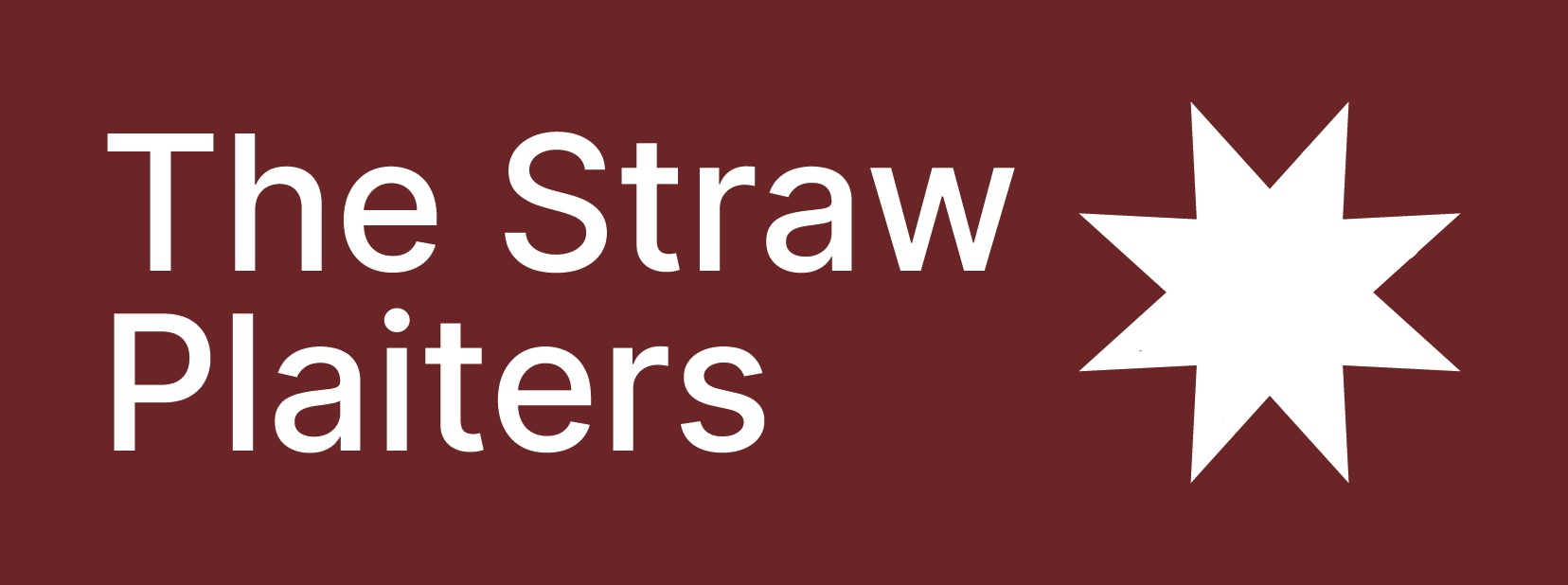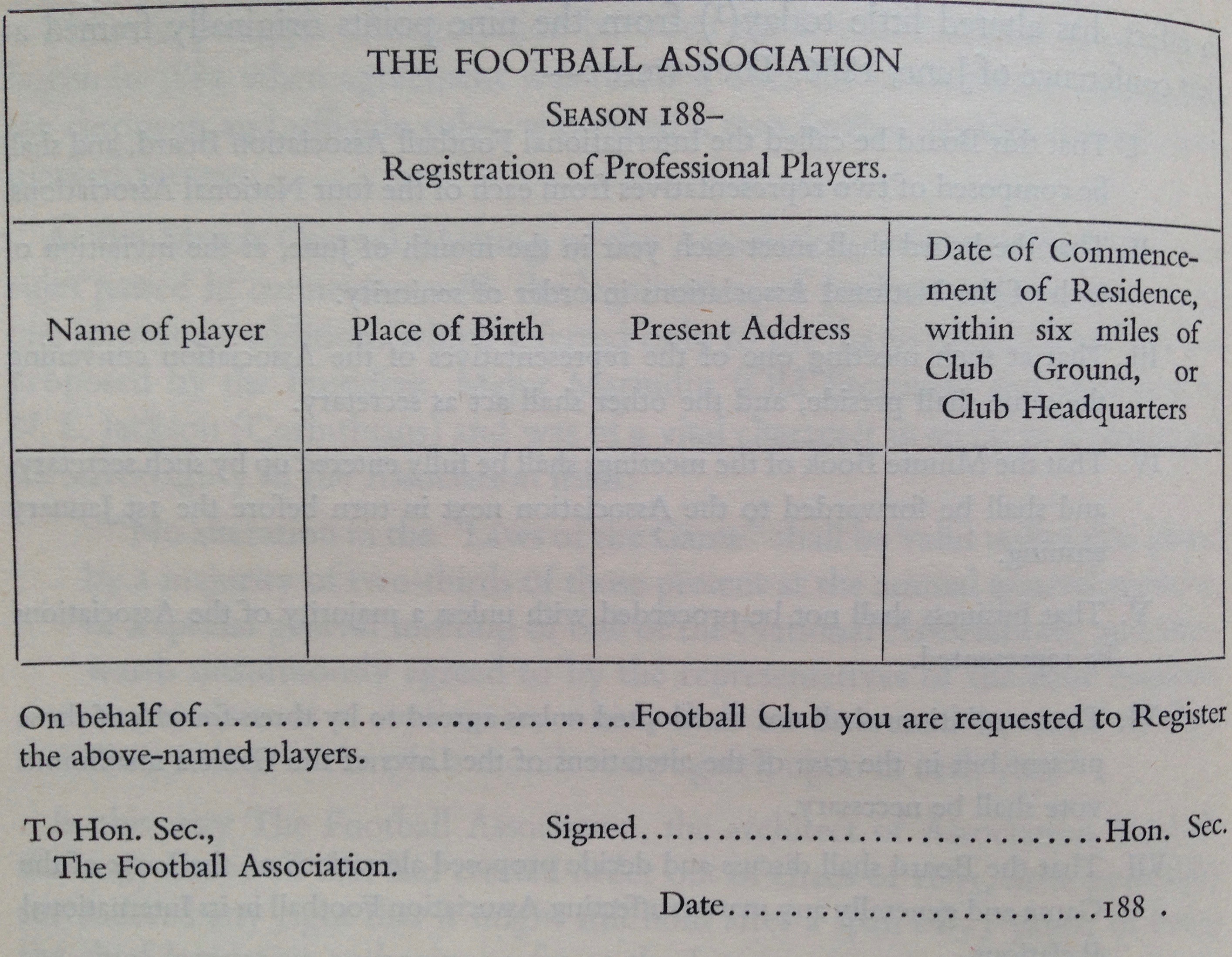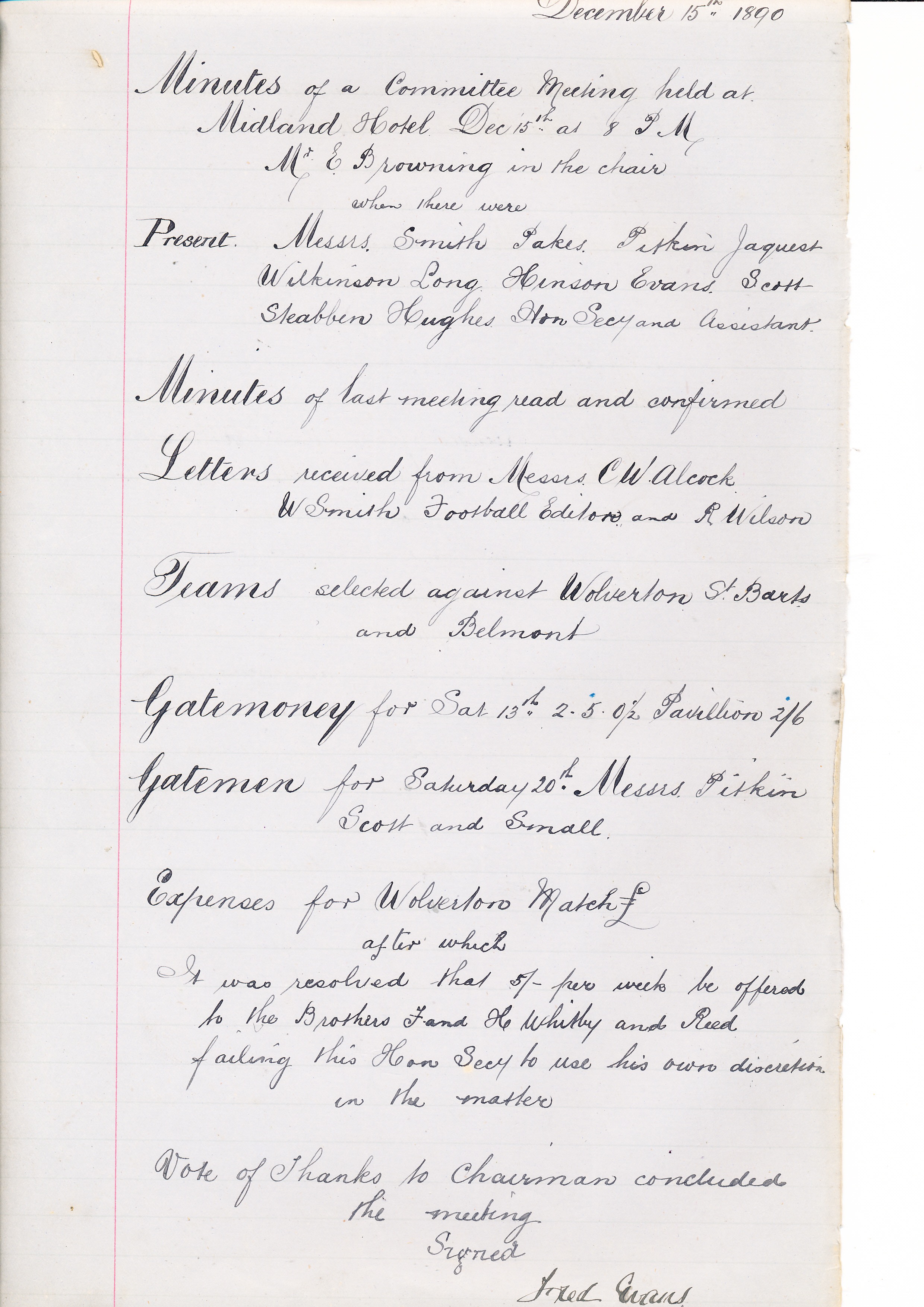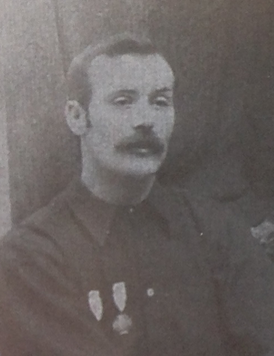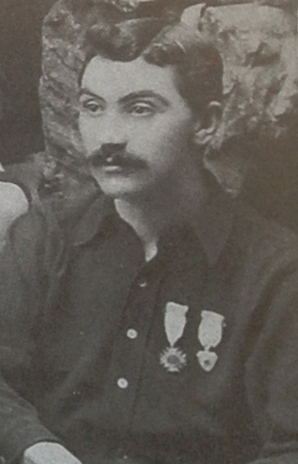Professionalism
Introduction
The many achievements of Luton Town Football Club are instilled into us from an early age. One of the most remarkable is that we were the first professional club in the South of England. Royal Arsenal (later Woolwich Arsenal now Arsenal) historians have half-heartedly disputed our claim. The resolution of this issue has eluded everyone until now.
I came across the 1934 Luton News covering the clubs Annual General Meeting. The then President of Luton Town, Alderman Harry Arnold, was reported to have said:
“They had been told it was forty-one years since the club adopted professionalism, and he thought even now there were some who did not know how it came about. Owing to the fact that few matches were started at the advertised time of kick-off the committee decided to pay some of the players – some of them did not want to become professionals…..”
I did not expect this explanation. It needed clarifying once and for all. I had access to the club minute books, the local newspapers and the internet. This article sets out my findings. I will start with the rules on professionalism.
The rules
The rule on professionalism that had been in effect since 1882 was that:
“Any member of a club receiving remuneration or consideration of any sort above his actual expenses and any wages lost by any such player taking part in any match, shall be debarred from taking part in either cup, inter-Association, or International contests, and any clubs employing such player shall be excluded from this Association.”
This rule had been under severe pressure and numerous protests had been lodged and adjudicated upon. It came to a head when Preston North End played Upton Park in January 1884 in the F.A. Cup. Preston were accused of professionalism which they admitted. Billy Sudell, the mastermind behind Preston’s rise said the practice was commonplace. He said;
“Professionalism must improve football because men who devote their entire attention to the game are more likely to become good players than the amateur who is worried by business cares.”
The penny eventually dropped and after much debate, professionalism was accepted later in 1885, albeit with conditions. It is a long and complicated story which I will not cover in full here. I have included a summary of events taken from “The Real Football” by J.A.H. Catton, 1900.
19th January 1885 F.A. – Meeting at Freemasons Tavern, London discussed professionalism. The North v Midlands and the South. Charles Crump of Birmingham and Vice-President of the Football Association led the opposition against professionalism. William Sudell of Preston North End admitted they were already professional and said that Birmingham had played men as amateurs who had been professional in Lancashire. Sham amateurism abounded he said, and added that large gates and professionalism walked hand in hand. He added that professionalism existed in Birmingham and Sheffield but he could not prove it. 113 voted for professionalism and 108 against including the South. As there was no two thirds majority the motion was not carried.
23rd March 1885 – F.A. meeting at Anderton’s Hotel saw 106 in favour and 69 against so still no two thirds majority.
20th July 1885 – F.A. meeting at Anderton’s Hotel, only 47 delegates attended, with 35 voting for and 5 against with 7 remaining neutral. Charles Crump did not protest.
Professionalism was made legal, well almost. The regulations were as follows;
“No player can be termed an amateur who receives any remuneration or consideration above his necessary hotel and travelling expenses, but under certain conditions professionals, viz. players receiving for playing more than those expenses, may be allowed to take part in all Cup, County and inter-Association matches, the qualification for their so playing being in each case as follows:
1. In Cup matches, Birth or residence for two (2) years last past within six (6) miles of the ground or headquarters of the Club for which they play
2. In County Matches, as defined in Rule 11, viz, those recognised by the leading county cricket clubs
3. In Inter-Association Matches, Bona fide membership for two years last past of some Club belonging to the competing Associations.”
In addition, Professionals had to be registered with the F.A. and not able to play for more than one team a season without special permission of the F.A.
Minor breaches by the Straw Plaiters
The first Saturday of 1886 saw Luton Town F.C. play Dulwich away at the Greyhound Hotel, Dulwich. The following committee meeting saw an interesting development. The club minute book records that it was resolved that;
“Mr Taylor have 5/- for Dulwich expenses.”
This is the first mention of a player being paid. Arthur Taylor, left, was born in Market Rasen and lived in Bedford and travelled to Luton by train for home games. He did not therefore meet the birth or residence qualification. For this away game he would have to leave much earlier and would have probably missed work altogether that Saturday morning. The club would have paid the train fare from Luton to Dulwich. However, the train fare from Bedford to Luton for Taylor was much less than 5/-. The only conclusion we can therefore draw is that the majority of the money was for loss of wages. We have no evidence that Arthur Taylor was registered as a professional with the F.A. so we must assume that this payment was illegal.
This is an important precedent as Taylor continued to live in Bedford for his entire career with Luton Town. Having received 5/- for the Dulwich game he would have expected no less for other away games. Interestingly there is no mention of this payment as a separate item in expenditure announced at the 1886 season Annual General Meeting. There would be no other such entry in the minute book in respect of payments for expenses. The club would want to keep such a breach quiet.
A further breach is revealed by the minutes of the 10th January 1888 committee meeting which resolved that;
“3 pairs of shin guards be purchased of Mr Spratley at 1/9 per pair”.
Players had to buy their own kit to retain their amateur status. However, it would be foolish to think that the Straw Plaiters were alone. There are many stories of clubs paying lip service to the rules.
A change to the rules
In May 1889, the F.A. relented to pressure from Football League clubs that the restrictions on professionalism was stifling them and the game itself. The birth and residential restrictions of 1885 were at last lifted. This caused a flood of Scottish players to move to clubs in the North and Midlands. It was a move that would change football forever as players could now choose the club that offered the best terms. There was a knock on effect in that many players from the north found themselves displaced. Many would move south thus improving the quality of the southern clubs.
Why did Luton offer payment to their players?
The following clip from the Luton Reporter of November 1890 explains the problems caused by a late start to a match.
“There was a very large attendance of spectators, the Wolverton players being accompanied to the town by a goodly number of partisans, while the home enthusiasts were tempted out by the brilliant nature of the weather. Unfortunately the fair promise at the outset was not fulfilled, for during the second portion of the game cold, drizzling rain fell almost continuously, and towards the end darkness partially obscured the operations of the players. Under such circumstances as these watching the game became the reverse of pleasant, but the most of those who lined the ropes manfully retained their positions to the end, and they were well rewarded, for towards the close the locals exhibited their best form.”
I strongly suspect that the delay was caused by players not turning up on time after working on Saturday morning. The fans turned up in large numbers on a cold wet day in a field and had to wait half an hour for the action to begin. Not only a late start but possibly an early end. If it got dark then the game could have been stopped early. There is an example of Luton fans mobbing the referee at the end of a match because they had not read/heard the announcement that the game would last only 40 minutes each way. No one likes to be short changed. The effect of repeated late starts would have put off a certain percentage of people from going to games.
An additional problem was that as this was a cup game, 30 minutes extra time could not have been played in the event of a draw. If it was too dark then a replay would have to be arranged causing more work for the unpaid Luton Secretary and committee – the latter manning the entrances to the ground. Action had to be taken.
I will touch upon another issue that may have influenced the committee decision. The club had always looked to sign good players from the clubs in the area. However, matters came to a head when four Harpenden men were asked to play. All were Masters at St. George’s School, Harpenden and they found it difficult to be free for games and to arrive on time for whatever reason. This was a pity as S.F.P Moore (see his Hall of Fame entry) was a terrific forward who would have greatly improved the forward line. It was decided by the committee to employ only local men.
The first payments
In 1890 the South of England was somewhat of a football backwater with the Birmingham clubs the nearest professional outfits. Amateur southern clubs like Luton had always played mainly local working men. Saturday mornings were part of their working week so they had to complete tasks, get their kit and travel to the ground. Much could and did go wrong causing a late kick off.
Whether the Wolverton game in November was the last straw we can only guess, but the Luton Town minute book entry of 15th December 1890, above, reveals that 5/- a week was offered to the brothers Whitby and Read. Here we have to clear up a myth. 46 years later Frank Whitby told the Luton News in an interview that he signed the professional forms straight away, then his brother Harry then Tom Read. The truth is very different.
The Whitby brothers both lived in North Street, High Town and worked in their father’s hat business. The 1891 census reveals that the whole adult (over 12 years old) family worked in the business – Father ran the business, Frank (above left) was a blocker, Harry (above right) and Alfred were Straw Hat Machinists, two teenage daughters were Straw Hat Finishers and even the 12 year old lad was a errand boy. This all happened in the house and out houses in the back yard. The hat industry was not all large companies and factories – much was done by families in their own home. The hat industry was their living. Contracts had been signed, orders had to be fulfilled and deadlines had to met. For the Whitby brothers, family came first.
The offer made on 15th December 1890 would need to be made to all three players, accepted and contracts drawn up and signed by the players. The players would also have to be registered with the F.A. The weather intervened in play as heavy snow meant that there were no games between the 15th December and Thursday 15th January due to snow.
Harry Whitby accepted the offer straight away and played from 15th January 1891 to the end of the season missing just one game so played 11 games. Tom Read (left) also accepted the offer of 5/- straight away and played in 6 games before being dropped for two mistakes for two goals in the Luton Charity Cup against Bedford.
Frank Whitby did not accept the offer. The minute book entry for 12th January 1891 shows that the committee resolved to;
“ask Mr Thring to replace Mr F. Whitby as forward, failing him Mr Dickson”.
Dickson played in place of Frank Whitby on the 15th January against Wolverton at Kettering.
The minute book entry dated 9th February 1891 says
“committee received a communication from Mr F. Whitby through his brother H. Whitby that he would be willing to play for the Town providing the club paid him 1/- in advance of his brother in order to pay for travelling expenses and loss of time.”
Money immediately brought problems for the Straw Plaiters and indeed for the Whitby brothers. Frank’s bluff was called as the committee resolved that no more be spent on professionalism. Frank Whitby eventually signed and played his first game on the 14th March 1891 and he played 6 games in total as a paid player.
Summary.
Thomas Read played 6 games
Harry Whitby played 11 games
Frank Whitby played 6 games
Total 23 games.
23 x 5s = £5 15s.
The Annual General Meeting reveals that £6 16s was paid to players
So there is £1 1s left over.
How do we account for that £1 1s ? On 15th January 1891 the team played at Kettering including Arthur Taylor, from Bedford. The game was a replay so had to be squeezed in on Thursday afternoon. Other players may therefore have been paid for lost wages.
Additionally, Taylor played in the team at Marlow on 7th February 1891 so more lost wages. Finally, George John Saddington had been signed from Grantham Rovers. It is not clear when he moved to Luton so he may have been paid for lost wages – he would have had to set off early from Grantham to reach Luton for kick-off. My conclusion, therefore, is that the £1 1s (left over from the £6 16s paid to players) could have gone to Taylor and the others in lost wages.
To return to the 9th February 1891 committee meeting, the minute book records that;
“A lengthy discussion followed on professionalism in general as it affects our club. When it was clearly shown that if 1 or 2 were paid, the remainder had a perfect right to ask for payment on the same lines. Most of the committee present were of the opinion that enough money had already been spent on professionalism and if continued it undoubtedly would prove disastrous to the club.
It was therefore proposed, seconded and carried unanimously that the club could not see its way to spending any more money on professionalism as finances stood at present”.
Payments widen
The committee could not of course stand by its decision to merely pay three of its players and not others just as deserving. Players talk and it would have been common knowledge in the whole town. A plan had to be devised and implemented. Needless to say, the committee triumphed again.
The Annual General Meeting, held on the 28th July 1891 was covered by the Luton Reporter.
“The annual meeting in connection with this club took place in the Corn Exchange on Tuesday night when Mr G. Ordish presided, and there was a very large attendance of members. The Secretary, Mr I. Smith, when the formal business had been disposed of, read his annual report. This stated that everyone connected with the club might fairly claim that a distinct advance had been made both in the standing of the clubs met and also in the form shown by their own men, though to obtain some of their victories, they were glad to receive the valuable services of friends from St. George’s-school, Harpenden. But, proceeded Mr Smith, towards the end of the season the committee, while deeply sensible of the assistance so freely given, decided to make a fresh move and play only our own men, whom we could rely upon, and to make some of them semi-professionals. Whether the result proved this policy to be right we must leave, but the committee are distinctly of opinion that it was the proper thing to do, and no doubt the committee and officers you appoint to-night will profit by the experience gained. I have mentioned that payment of players, and most likely as we have a fair balance this question will come up at the first meeting of the new officers, or you may have a word to say about it at this meeting. My own opinion is that we had better register the whole team, so that at least we can remunerate those who wish it for time lost. Of course, if this is done, a proper scheme must be drawn up, with a proviso to ensure punctuality at home matches, as most of our games have a good deal to be desired in this respect, so that any player delaying the kick-off shall forfeit part of his remuneration. Of necessity if this is done one of two things must follow: either members’ subscriptions must be raised, or members must pay admission to some of the better matches. Of the two I should certainly advise the second course. Mr Smith here read a letter from the West Bromwich Albion authorities offering to play a match at Luton if £20 were paid to them for expenses, and after sketching the the results of the cup matches he said they had during the season played 31 games, of which 16 were won, nine lost and six drawn. The number of goals scored for the club was 107, and against them 61 were registered. the Secretary next touched upon the cash account, which he regarded as being in a very satisfactory state, and observed that the number of members was nearly 400, with 40 patrons. Turning to the future, he said:
Considering that we have a stiffish programme arranged, we expect that all old players will be available and that we shall get not only all last season’s members but also a considerable batch of new friends. We trust that they will assist all the officers in making the coming season still more successful, and that the motto of one and all will be “Good Football.” In conclusion, I must say that we have entered the Luton Charity Cup Competition, I hope the wish of the Vice-President of this competition, expressed at the presentation of the cup and Medals last springs, viz. :- that the same teams “will appear in next year’s final” may not be fulfilled, as it is the wish, I believe, of most in this room that the Luton Town should be represented at the next distribution. -The reading of the report was received with frequent bursts of applause. – The Secretary next presented the year’s balance-sheet, which showed that the total receipts were £203 9s 5d., the principal source of revenue being:- Takings at gate, £122 19s 3d.; patrons’ tickets, £23 18s 6d.; members’ tickets, £46 5s. On the expenditure side the chief items were :- Hire of ground, £25; ground expenses, £15 7s 7d.; printing etc, £21 13s 7d.; footballs, repairs etc., £6 19s.; payment of players, £6 16s.; travelling expenses, £71 6s 11d. After payment of these amounts there remained a balance of £38 18s 8d., against £2 13s 8d last year. It was added that property of the club not included in the above account was estimated at £20.”
The move to pay players was approved and there was no going back.
Payments to the whole team
The club committee must be congratulated on the £38 surplus. They had borrowed money to vastly improve the Dallow Lane ground. On the playing side the pitch was levelled. However, for the spectators a grand pavilion was built, providing seating for the first time and a refreshment stall. Cinder paths were also laid to keep fans out of the mud. This proved to be a masterstroke because takings at the gate rose from £75 17s for 1889/90 to £122 19s 3d in 1890/91. Despite the appalling weather the club had a £38 surplus which enabled the committee to make an offer to all of its players.
The minute book shows an entry for the 10th August 1891 committee meeting at the Midland Hotel;
“The committee had met to consider what arrangements could be proposed to the players (with respect to paying them) on meeting them at 8 o’clock. Hon Sec explained that 2/6 per week would bring the total upwards of £50 being this he thought we were not in a position to offer more. Proposed by Mr Woodbridge and seconded by Mr Bennett that on meeting the players 2/6 be offered them.
At 8PM the players were invited into the meeting and the payment of the same fully discussed. The chairman explained the nature of the business showing the amount wanted to pay above (viz. 2/6) also the position in which the club stood. After a few questions had been explained the players retired to consider among themselves as to what they ought to do. On reentering the following resolution was submitted to the meeting at which the whole committee with the exception of Messrs Long and Evans were present with the following players. Messrs Saunders [Sanders], Wright, Hoy, Deacon, Burley, Cheshire with the brothers F., H. and A. Whitby.
Proposed by Mr W. Smith as a committee man and seconded by Mr Wright as a player that the players be allowed 2/6 per week for matches played at home. 6d extra for out matches while time lost before 12AM to be made up to them on reasonable terms”. There is an addition in the margin which reads “any player delaying the kick off 15 minutes be fined one fifth of his remuneration or 30 mins two fifths”.
“This was carried unanimously and the committee having thanked the players for their attendance they retired.”
24th August 1891 committee meeting stated;
“All forms were brought in signed with the exception of Mr A. Whitby’s he having obtained work out of the town. This leaving a vacancy in our forwards. It was left in Hon Sec’s hand to see Mr Oclee with a view to filling his place”.
Herbert Oclee had starred in the Bedford team that had beaten the Straw Plaiters in the Luton Charity Cup.
As others saw us
Under the heading Luton Town Football Club the following article appeared in the 9th January 1892 Luton Reporter;
“A highly appreciative article on the Luton Town Club and its players appeared in the London “Evening News” on Saturday. It is illustrated by a couple of portrait blocks, but these are not very successful. The matter which accompanies them, however, forms a fairly correct history of the club. Its foundation is accurately sketched and the laudatory reference is made to the officials. The article, which is headed “A Southern ‘Pro team.” next refers to the team in the following terms:- “although all the members of the team are registered as professionals it must not be supposed that the club is in any sense a professional club like the only other Southern “pro” organisation – the Royal Arsenal and the Northern and Midland clubs. All the players are local men, and they do not receive wages for playing. About three years ago, the Middlesboro’ Club (Luton’s next opponents in the English Cup) advocated the payment of players for time lost. This proposal was supported by the Luton club at the meeting of the Football Association, but on being put to the vote it was lost. At the last annual meeting it was decided to pay the players for time lost, and this, of course, made it necessary for them to be registered as professionals. This is all the remuneration they receive, so that it is rather absurd to class the Lutonites with the regular imported and highly-paid set of players who represent the professional clubs. In fact, the Luton club does no more than other clubs (Association and Rugby) do, only it has the pluck to avow its action, whilst other clubs prefer to remain amateur by winking at the law. The whole eleven are local players, and the majority have played with the club for some years.”
The outcome
The 1892 Annual General Meeting revealed the season’s finances;
“The minutes of the last meeting having been read, the balance-sheet for the year was presented. It showed that the receipts (including a balance from last year of £38 18s 8d) had amounted to £362 6s 9d, made up as follows; Gate takings, £214 10s 11d; patron’s tickets £24 6s; members’ tickets, £43 2s; hire of meadow, £10 2s; cup receipts (half gate) £31 7s 2d. The total receipts last year amounted to £203, so there was an increase in that direction of £150. On the expenditure side of this year’s account the following items appeared: Hire of ground, £27 10s; ground repairs etc, £32 11s 2d; subscription to cup competitions , £2 5s 7d; insurance of team, £11 6s 8d; printing and postage, £29 3s 3d; rooms (hire), £3 9s 9d; players’ payment and lost time, £52 18s; team’s out expenses, £38 0s 2d; team’s visiting expenses £141 12s 11d; donation to the Secretary, £5. There was a balance in hand of £15 9s 3d., so that there had been an actual loss of £23 odd on the season.”
The club secretary Isaac Smith gave his report;
“The HON. SECRETARY (Mr Isaac Smith) next read an exhaustive report on the year’s doings. He said they would see that the officials had gone in rather heavily, but seeing they had a rather substantial balance they felt justified in launching out a bit. At a meeting composed of officers and players it was decided to pay all first team men a small sum weekly, all out expenses and also lost time for long journeys. That that was carried out was the item of £52 18s was ample testimony. This payment of players not only helped to keep the team together, but also ensured punctuality, and he thought that it was the main cause of our success. That they were successful the results would show. They played 32 matches, won 21, lost 9, drew 2: goals scored for numbered 99, goals against 54.”
Having up to four thousand people standing around for up to an hour in a field in winter was not good for public relations. The payments to the players were therefore a success in preventing delays to kick off. There was an increase in takings on the gate of £150 which must partly have been due to the prompts starts.
Historians of Royal Arsenal have hinted that they had the first professionals but no evidence has been produced as far as I am aware. As they were a works team (the Arsenal itself was a massive business and employed 100,000 people at its peak), they were able to draw 8,000 to their cup tie in January 1891. (By 1893 they drew a 20,000 crowd against Millwall). It appears that they agreed to go professional at their 1891 Annual General Meeting. They may well have been able to pay a living wage to all their players at the start of the 1891/92 season but I have not seen any evidence that they did.
Luton Town therefore had the first professional players in the South of England. Paying the players for their lost wages was a sensible approach by the club committee until finances allowed larger payments. The football season began on the 5th September 1891 and Luton Town were paying all their first team players. The “Reds” would have to face many an amateur team determined to beat the “professional” Straw Plaiters.
